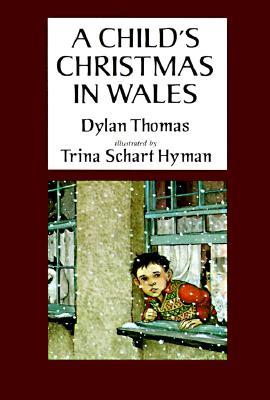Today is the second anniversary of my blog! It’s been a fun outlet for all of my reading and I’m looking forward to what 2014 will bring. It’s always been difficult for me to pick favorite books or stories, but there have been a few that stand out over the past year.
My favorite short story is J. D. Salinger’s “DeDaumier-Smith’s Blue Period” and it would also rank up there as the funniest story I read this year. William Trevor’s “After Rain” was a very close runner up as favorite and F. Scott Fitzgerald’s “The Camel’s Back” was a close second for funniest. A few honorable mentions would include Nathaniel Hawthorne’s “Feathertop”, Willa Cather’s “The Enchanted Bluff”, Salinger’s “The Laughing Man” and Kurt Vonnegut’s “Ambitious Sophomore”.
William Trevor and George Eliot are the winners for favorite “new-to-me” authors with Margaret Mitchell and Mark Helprin being next in line.
Picking a favorite novel has proved to be a harder task but I’ll go with Herman Melville’s Moby-Dick which I finally read after it sat on my shelf for a very long time. And finally, here are a few quotes from the past year that I enjoyed:
Doubts of all things earthly, and intuitions of some things heavenly; this combination makes neither believer nor infidel, but makes a man who regards them both with equal eye.
-Ishmael in Melville’s Moby-Dick
Men will sometimes reveal themselves to children, or to people whom they think never to see again, more completely than they ever do to their confreres. From the wise we hold back alike our folly and our wisdom, and for the recipients of our deeper confidences we seldom select our equals. The soul has no message for the friends with whom we dine every week. It is silenced by custom and convention, and we play only in the shallows. It selects its listeners willfully, and seemingly delights to waste its best upon the chance wayfarer who meets us in the highway at a fated hour. There are moments too, when the tides run high or very low, when self-revelation is necessary to every man, if it be only to his valet or his gardener. At such a moment, I was with Mr. Crane.
-Willa Cather on meeting Stephen Crane in her essay “When I Knew Stephen Crane”
The sea had jeeringly kept his finite body up, but drowned the infinite of his soul. Not drowned entirely, though. Rather carried down alive to wondrous depths, where strange shapes of the unwarped primal world glided to and fro before his passive eyes; and the miser-merman, Wisdom, revealed his hoarded heaps; and among the joyous, heartless, ever-juvenile eternities, Pip saw the multitudinous, God-omnipresent, coral insects, that out of the firmament of waters heaved the colossal orbs. He saw God’s foot upon the treadle of the loom, and spoke it; and therefore his shipmates called him mad. So man’s insanity is heaven’s sense; and wandering from all mortal reason, man comes at last to that celestial thought, which, to reason, is absurd and frantic; and weal or woe, feels then uncompromised, indifferent as his God.
-and Melville again from Moby-Dick





